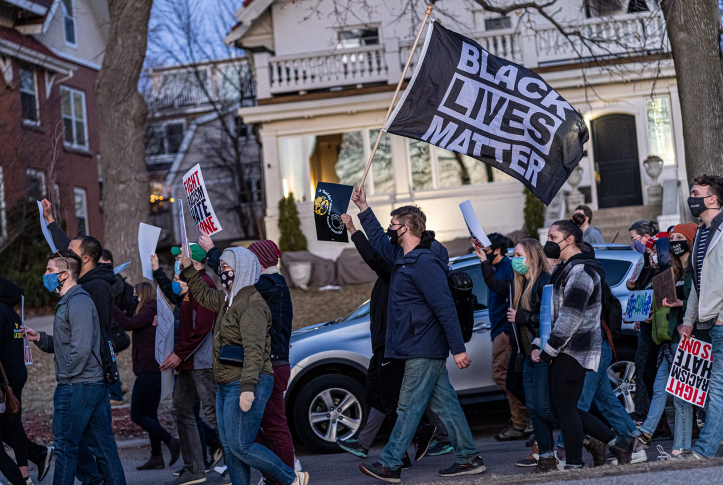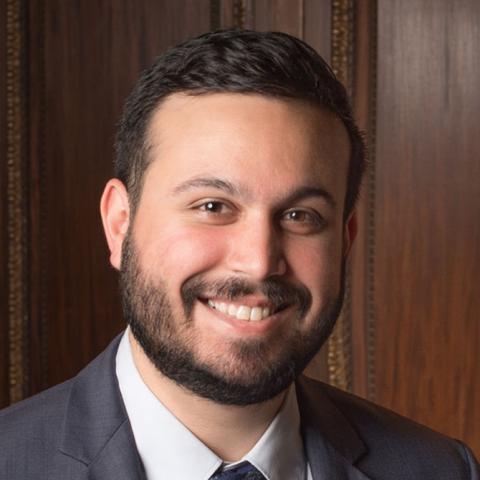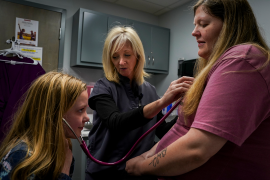The year 2020 was marked by several related crises: the COVID-19 pandemic, deepening economic inequality, and increasingly visible racism and violence against people of color. Did this year change the public’s views on health-related issues?
A 2019 Commonwealth Fund/New York Times/Harvard T.H. Chan School of Public Health survey of Americans’ values related to health care conducted just before the pandemic began found concerns about racial equity, low confidence in the U.S. health care system, support for universal coverage, conflicted views on health insurance reforms, and limited trust in government to solve health care problems.
To evaluate whether people’s values had shifted, we examined 18 polls, including a 2020 repeat of questions included in our 2019 survey, that addressed views of government, health care, and racial equity. (See the complete list of polls here.) These polls included questions asked both before and after the start of 2020.
Concern About Racism Has Increased
The public was significantly more likely in 2020 than in previous years to say that racism is a big problem in the United States (60% vs. 49% in 2015). In June 2020, a higher proportion of the U.S. public cited racism and race relations as the most important problem facing the country (19%) than at any time since 1968 (20%).
Half of Americans (51%) said that the way racial and ethnic minorities are treated in the criminal justice system is a very big problem, compared with 44 percent in 2018. Forty-two percent said Black people are treated less fairly than white people when seeking medical treatment, compared with 33 percent in 2019. Six of 10 Americans believe that new civil rights laws are needed to reduce discrimination against Black Americans, compared with 40 percent in 2015.
Confidence in the U.S. Health Care System Has Rebounded
Confidence in U.S. health care increased during the pandemic. In 2019, only 36 percent of the public reported confidence (either a great deal or quite a lot) in the U.S. health system. In 2020, our survey found public confidence increased to 51 percent. Similarly, a third of the public reported positive views of health care, including the pharmaceutical industry, compared to a quarter in 2019 (34% vs. 27%).
National Health Insurance Reform Still Divides
Our 2020 survey found a majority of Americans (58%) support the principle of universal coverage but are divided on the path forward. Some support a system based mostly on private health insurance (47%), while others back a government-run system (46%). Two insurance reforms have grown in popularity, the so-called public option — that is, a Medicare buy-in to the Affordable Care Act, or ACA (73% in 2020 vs. 67% in 2019) — and building on the ACA (67% vs. 60%).
Trust in the Federal Government to Solve America’s Health Problems Lacking, But Expectations Are High
In the past decade, the U.S. public has expressed low levels of trust in the federal government, even while giving high ratings to agencies like the Centers for Disease Control and Prevention (CDC). Trust in government has not increased much since 2019: our 2020 survey found less than half of the public (46%) think the federal government should be more involved in health care, compared to 43 percent in 2019. In both years, only one of five Americans said they trusted the government to do the right thing always or most of the time.
The percentage of the public rating the CDC excellent or good fell from 64 percent in 2019 to 50 percent in 2020, the lowest rating since the Ebola outbreak of 2014. In contrast, the percentage of the public rating the U.S. Food and Drug Administration excellent or good improved between 2019 (44%) and 2020 (54%).
Nevertheless, the proportion of the public in favor of greater government involvement in solving the country’s problems increased from 47 percent in 2019 to 54 percent in 2020. Notably, by the end of 2020, a larger proportion of the public (67%) supported increased federal government spending to prevent the spread of infectious diseases, compared to 54 percent in 2009.
Implications
In the midst of one of the most tumultuous years in American history, the public’s views on health care and racial equity have shifted modestly, but meaningfully. The most striking shift relates to racial justice and discrimination. We are likely entering an era, unlike any since the late 1960s, when the public is open to solving problems related to racism, including discrimination in the provision of health care.
In the past, public concern about health care costs has enabled policymakers to reduce payments to providers. Increased confidence in health care, presumably because of the heroic response to the COVID-19 crisis, may take such payment reductions off the table. Polls and recent election results suggest public willingness to expand insurance coverage by building on the ACA, perhaps including a voluntary buy-in to Medicare.
Finally, we noted increased support in 2020 for the federal government to be involved in the problems surfaced by the pandemic, like preventing the spread of infectious diseases, alleviating economic instability, and addressing discrimination. The popularity of the recently passed $1.9 trillion American Recovery Plan confirms the renewed openness to federal action to address the pandemic and its consequences. As America recovers from the pandemic and ensuing economic shock, as well as a racial reckoning that few expected a year ago, these modest shifts in public opinion paired with successful policy steps may open a door to future health reforms, especially those designed to improve the equity of the U.S. health system.







